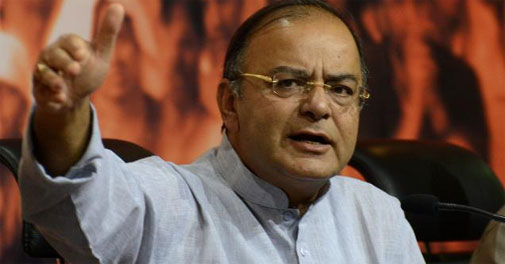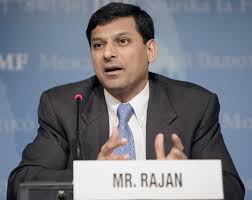

India put on hold its biggest overhaul of financial regulation, following resistance from the central bank or Reserve Bank on the matter of regulating the government bond market and managing public debt.
The climb down ahead marks a victory for the Reserve Bank, which opposed the changes, saying they would cripple and interfere with monetary policy.Finance Minister Arun Jaitley proposed the changes when he unveiled India's budget in February 2015, with the aim of resolving a conflict of interest the RBI now faces between its formal mandate to control inflation and manage the government's fundraising. The government was hoping that the move would lower borrowing costs, expand bond markets by attracting retail investors and improve transmission of monetary policy. However, Jaitley mooted the need to set up an independent agency to study the issue of managing public debt. The Finance minister was harping on a conflict of interest between the RBI's role of controlling inflation ... and balancing interest rates to reduce cost of borrowing for the government. Although the regulatory overhaul was moved in parliament after consulting the central bank governor, Raghuram Rajan, it created friction between the RBI and the finance ministry. Many RBI officials raised the issue with lawmakers and state chief ministers by expressing concern over the changes urging a status quo.
The climb down ahead marks a victory for the Reserve Bank, which opposed the changes, saying they would cripple and interfere with monetary policy.Finance Minister Arun Jaitley proposed the changes when he unveiled India's budget in February 2015, with the aim of resolving a conflict of interest the RBI now faces between its formal mandate to control inflation and manage the government's fundraising. The government was hoping that the move would lower borrowing costs, expand bond markets by attracting retail investors and improve transmission of monetary policy. However, Jaitley mooted the need to set up an independent agency to study the issue of managing public debt. The Finance minister was harping on a conflict of interest between the RBI's role of controlling inflation ... and balancing interest rates to reduce cost of borrowing for the government. Although the regulatory overhaul was moved in parliament after consulting the central bank governor, Raghuram Rajan, it created friction between the RBI and the finance ministry. Many RBI officials raised the issue with lawmakers and state chief ministers by expressing concern over the changes urging a status quo.



